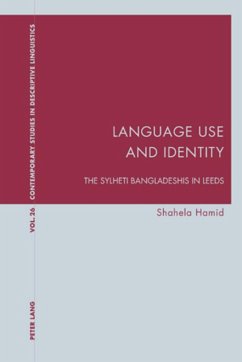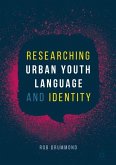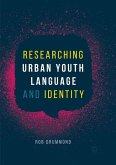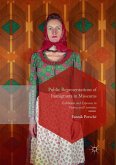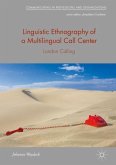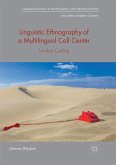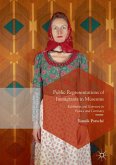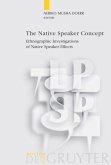This is the first ethnographic survey of language behaviour, attitudes and perceptions of different generations of Sylheti migrants of rural origin. For Sylheti Bangladeshi migrants the use of the maatri bhaasha ('mother language') - whether this is the regional variety (Sylheti) or the standard variety (Bengali/Bangla) - is highly significant. The analysis indicates unequivocally that Sylheti is dominant among immediate and extended family and friends. It is the lingua franca of the majority in that no other language is necessary for this encapsulated community.
This book provides detailed analysis of the relationship between Sylheti Bangladeshi migrants' language use and their understanding of the concept of 'mother language'. It examines the socio-historic and socio-political background of the Bangla language and Bangla nationalism, the role of the mother tongue for speakers of regional language varieties, the typology of diglossia in Bangla, and linguistic differences between Sylheti and Bangla. The enduring popularity of Sylheti and evidence of Sylheti-English bilingualism serve to substantiate the concept of the additive role of minority languages in a bilingual context.
This book provides detailed analysis of the relationship between Sylheti Bangladeshi migrants' language use and their understanding of the concept of 'mother language'. It examines the socio-historic and socio-political background of the Bangla language and Bangla nationalism, the role of the mother tongue for speakers of regional language varieties, the typology of diglossia in Bangla, and linguistic differences between Sylheti and Bangla. The enduring popularity of Sylheti and evidence of Sylheti-English bilingualism serve to substantiate the concept of the additive role of minority languages in a bilingual context.

